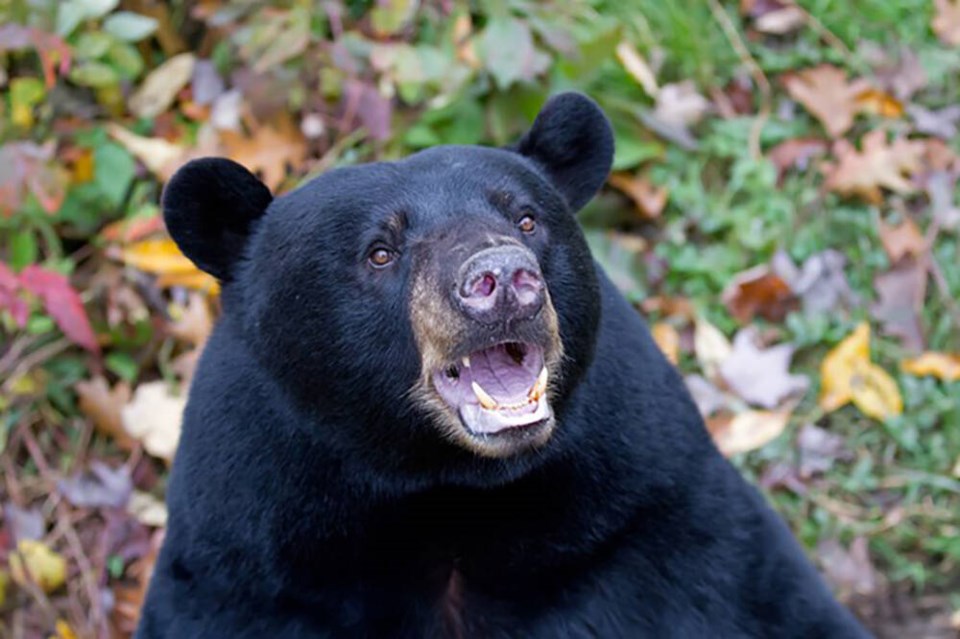The District of North Vancouver has distinguished itself by joining the ranks of 13 municipalities across British Columbia recognized as Bear Smart Communities.
Launched in 2002, the Bear Smart Community Program is a voluntary initiative developed by the provincial government in partnership with the BC Conservation Foundation and the Union of BC Municipalities. Its goal is to reduce negative encounters with black bears and significantly reduce the total number of bears destroyed yearly.
The journey to becoming a Bear Smart Community required DNV to meet six criteria: prepare a bear hazard assessment and human-bear conflict management plan; revise planning and decision-making documents; implement a continuing education program; develop and maintain a bear-resistant waste management system; and implement Bear Smart bylaws.
“The province deeply appreciates the hard work and dedication of the District of North Vancouver in obtaining Bear Smart status,” Minister of Environment and Climate Change Strategy George Heyman stated in a release. “We know it takes a broad community effort to reduce human-bear conflicts. Implementing robust changes through local bylaws, public outreach and education are instrumental to this goal. We hope other communities look to the DNV as an example of how such steps can help keep people safe and wildlife wild.”
DNV Mayor Mike Little said the entire district should take pride in achieving the status.
“This truly is a community accomplishment," he said. “The district is surrounded by mountains, forests and rivers that are the natural habitat for a significant bear population. It is our collective responsibility to protect them by managing the food sources that attract them to neighbourhoods.”
In 2020, DNV council strengthened their solid waste bylaw to further minimize bear attractants in response to bear activity in the community. Since the bylaw was enacted, a waste compliance officer has been patrolling neighbourhoods to educate residents and enforce proper set-out procedures.
“Waste is a key wildlife attractant, and much of our focus is on managing waste to prevent bears from becoming accustomed to it as a food source,” says Michael Toland, DNV’s section manager, fleet and solid waste.
To help keep residents “bear aware,” DNV also shares information on an ongoing basis on how best to manage wildlife attractants. The focus is on connecting human actions to their impacts on the local bear population, such as storing garbage and organics carts until the morning of collection day.
“As a result of the district’s robust waste management system, wildlife management bylaws and strong support from executive and council, our community, which has high bear activity and sightings, has experienced remarkably few bear fatalities,” said Toland.
DNV’s longstanding partnership with the North Shore Black Bear Society was also instrumental in earning Bear Smart designation, according to a DNV release.



